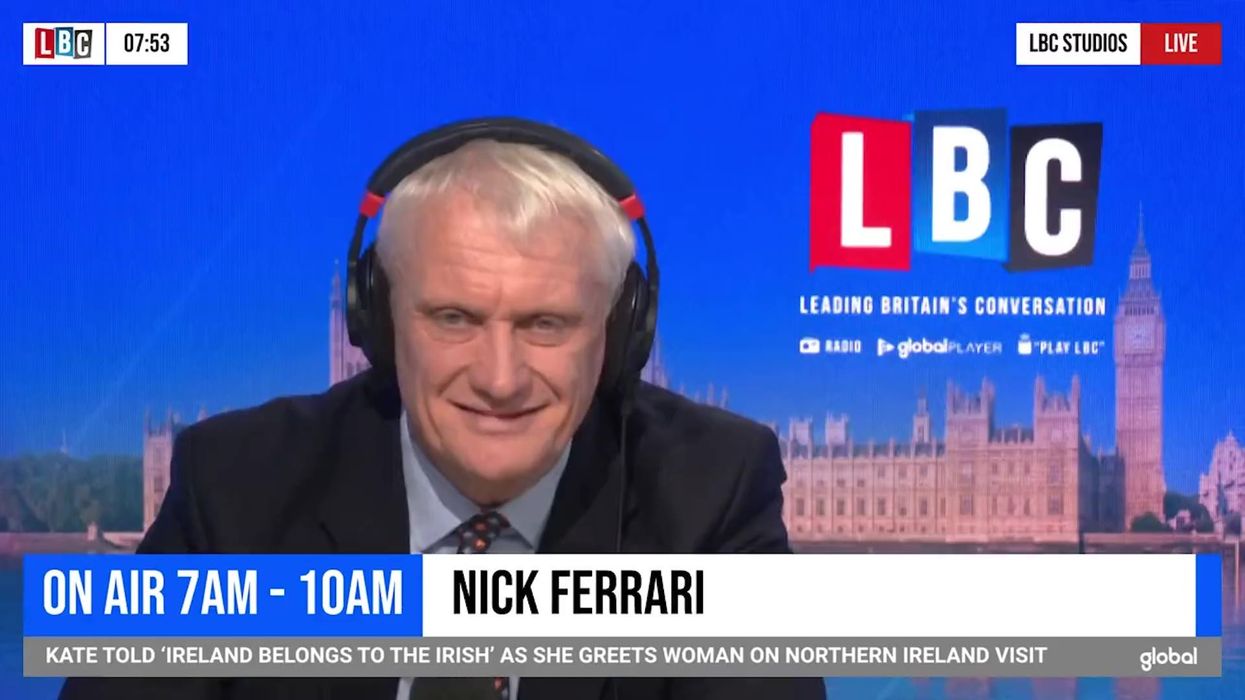Energy bills are on Brits' minds as the winter approaches due to soaring prices - but you could get money if you switch off electrical appliances during peak times.
As people grapple with the cost of living crisis, British energy supplier Octopus is set to launch a scheme from next month until March 2023 where smart meter customers (which make up up to 14 million UK households) could get around £100 back if they reduce their energy usage.
The energy crisis has been headline news for the past few months due to supplies being affected by the ongoing war in Ukraine along with an increased demand for gas, among other contributing factors.
Sign up to our free Indy100 weekly newsletter
National Grid warned on Thursday (6 October) that the UK could experience three-hour-long blackouts in the "unlikely" event supplies of gas fall short of demand.
In a bid to ease this issue, the energy supplier will give money back to households in exchange for them reducing their energy consumption and they will be informed at what time of the day they can make the money by shutting off their appliances - presumably sometime between 4pm and 7pm.
The purpose of the scheme is to help avoid any blackouts, and customers are expected to earn £4 on average each time they respond to a cut-back request, and Octopus predicted customers could earn up to £10 a day.
Full details about the scheme will be released next month, and other energy suppliers can also follow suit.
Octopus chief executive Greg Jackson said: "Instead of cutting off whole chunks of the country if we are short of gas, we can reward people for using less energy at times of peak demand."
"If you go to the supermarket and you buy stuff that's reduced to clear, you're saving less than a pound. People respond to that."
A trial of the scheme was conducted by the energy firm in February and March this year where customers saved an average of 0.7 kilowatt hours.
Jackson added that the scheme has a higher financial incentive in the initial trial and will help to change their energy consumption habits.
"If you go to the supermarket and you buy stuff that's reduced to clear, you're saving less than a pound. People respond to that," he said.
However, despite this scheme and Prime Minister Liz Truss's two-year energy price cap announcement from earlier this month, some people will still be hit with rising costs as their bills have soared from £1,277 last winter up to £2,500 this winter.
Have your say in our news democracy. Click the upvote icon at the top of the page to help raise this article through the indy100 rankings.














